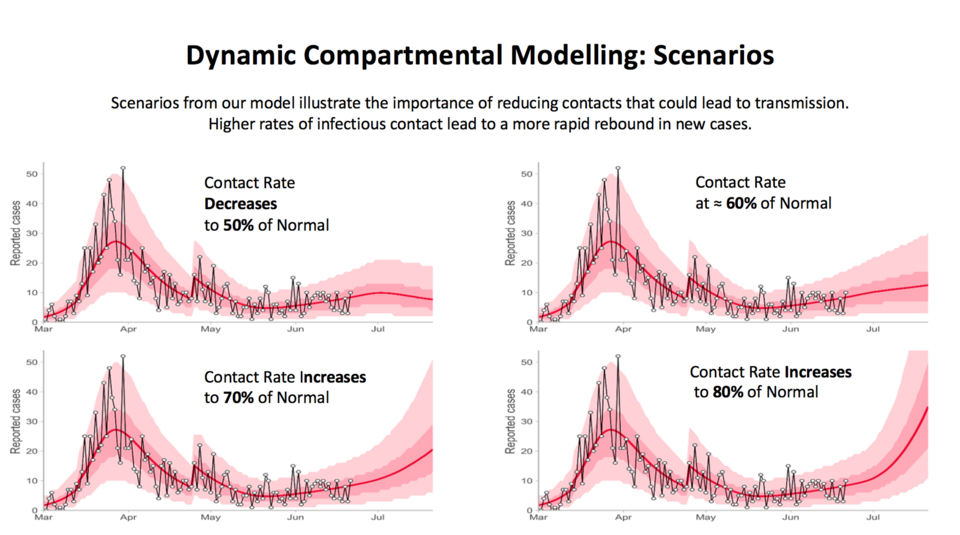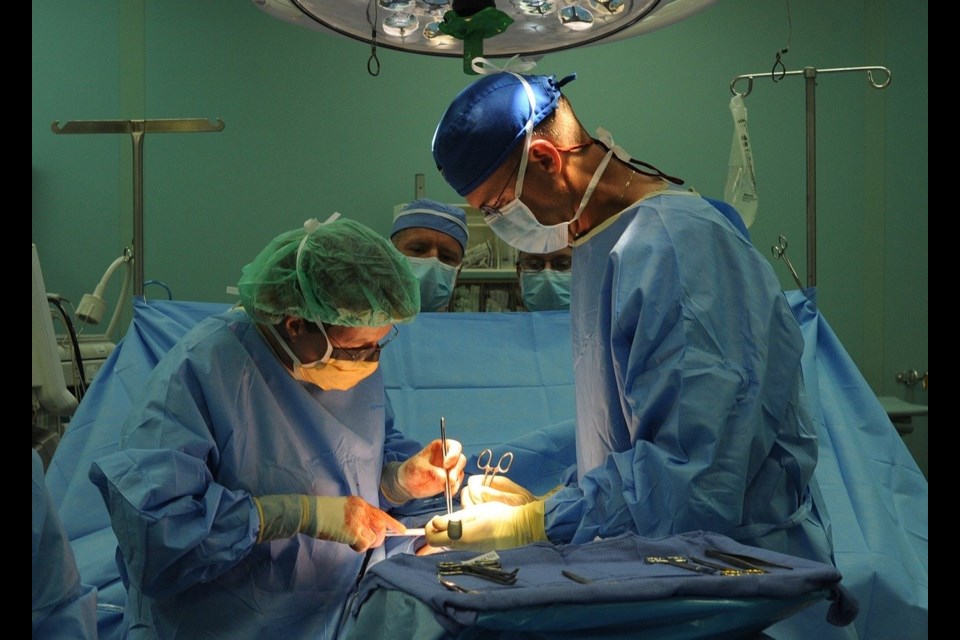Tri-City area hospitals have fully resumed elective surgeries as the province emerges from under a backlog due to COVID-19 restrictions.
In a call with reporters Tuesday, June 23, CEO of Fraser Health Dr. Victoria Lee said that all of the health authority’s emergency rooms are now open and that 100% of operating hours have been filled.
But when asked how big the backlog had grown, Lee could not provide a specific number of people who are still waiting for surgery.
After “rapidly expanding” virtual consultations, Fraser Health said they will remain in place as a first point of contact with the healthcare system.
“This will also help to reduce unnecessary visits to hospitals and community-based sites, and prevent potential transmission of COVID-19 and other communicable diseases,” wrote a spokesperson for Fraser Health in a press release.
A ‘VERY FRAGILE BALANCE’
The announcement came at the same time Provincial Health Officer Dr. Bonnie Henry presented new modelling of the virus in B.C. as the province moves closer to its phase 3 reopening of the economy and many look to travel around Canada Day.
“Right now we’re in a strange place…we have to find a balance where we stop people from getting sick in large numbers,” said Henry.
Key to that “very fragile balance” is keeping physical contact to a minimum. Just as British Columbians had to learn how to shop differently at the beginning of the pandemic, now they’ll need to apply those hygiene measures on the road — prefereably within the province and among close friends and family.
And while that will inevitably lead to more cases, if British Columbians can restrict themselves to roughly 65% of their normal contacts, the new virus modelling tracks along a relatively flat curve.
However, if we go back to a contact rate of 80% of normal, the province’s modelling suggests a “rapid rebound” in cases. And while the new numbers offer insight into where the province is in its containment of the virus, due to the small number of cases, it’s not exact.

Henry said she doesn’t expect loosening restrictions around gatherings of 50 or less people any time soon. Part of the reasoning to maintain group restrictions comes down allowing contact tracers to track down everyone in an infected person's social circle within 48 hours, thereby limiting a community outbreak.
“I don’t see it as changing in phase 3. As we gradually move into more things like hotels spas and travels… We have to keep those bubbles small,” she said.
To date, strong contact tracing has provided a buffer as we relax our social distancing measures, according to the province's modelling.
But, as Henry noted, until we have an effective treatment or vaccine, “we risk a resurgence and we’ve seen that in other parts of the world.”



